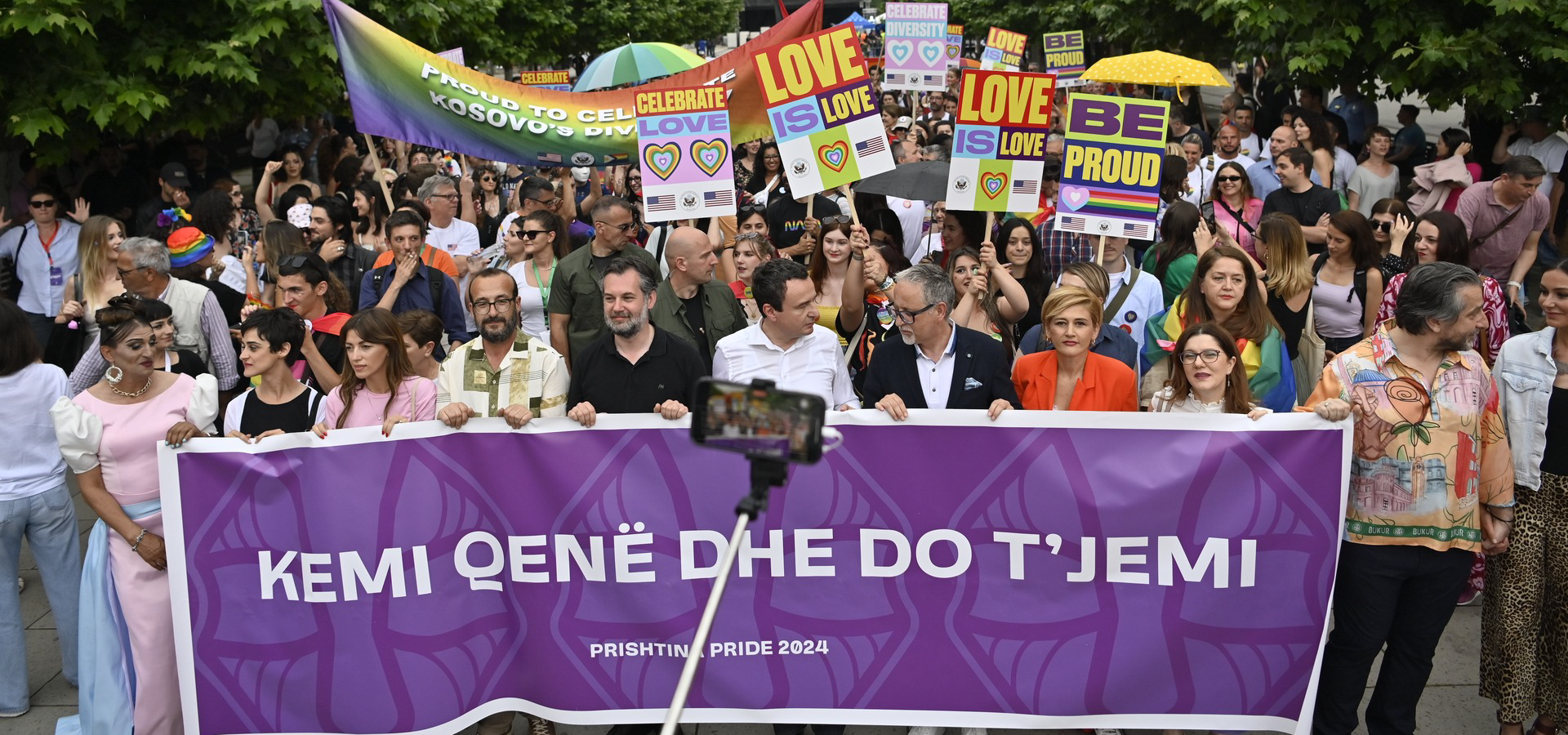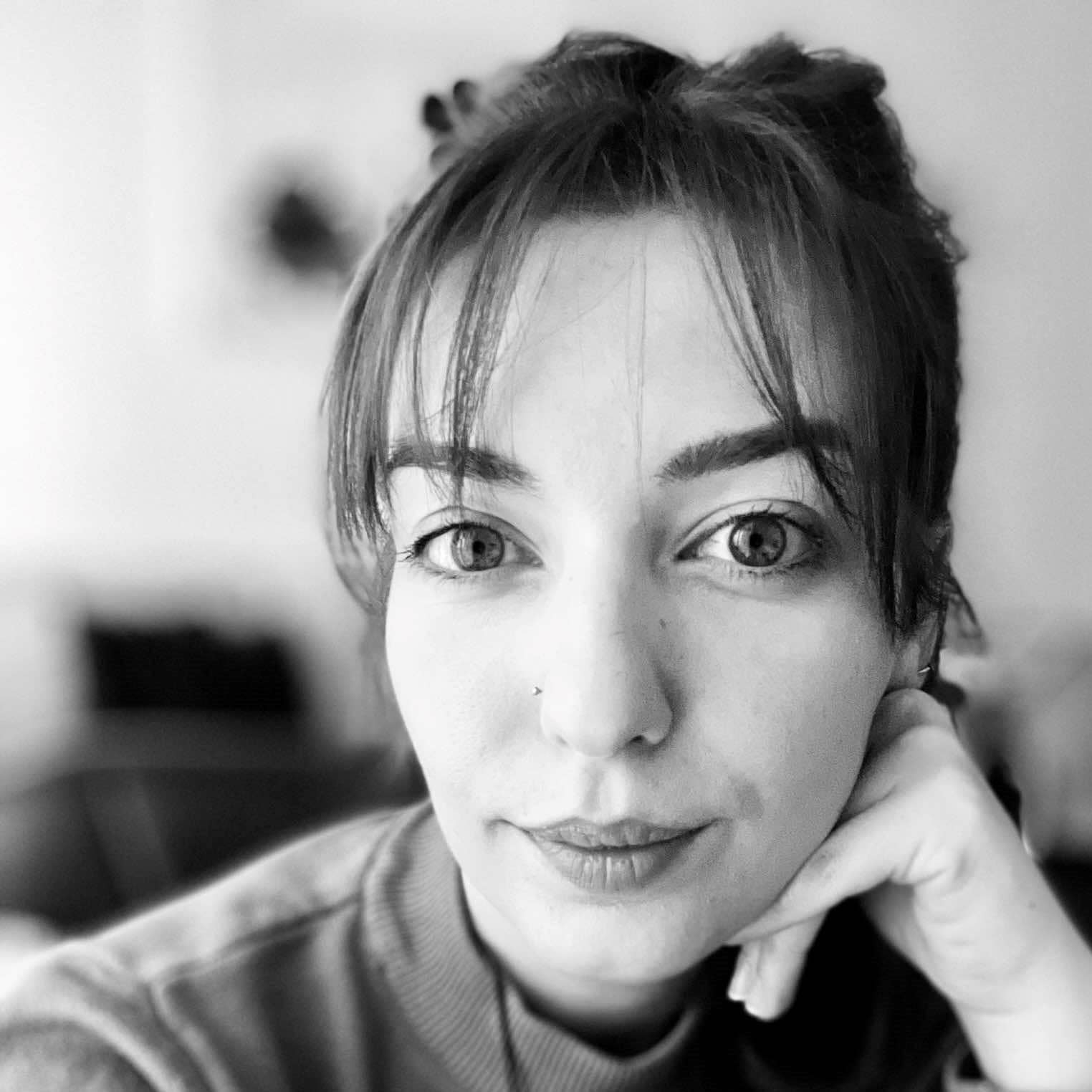
Eight years in the light (and shadow)
Violation after violation, the wall of social injustice rises.
mid traumatic events that threaten life and mental well-being, individuals like Mustafa must also conduct investigative work to validate their experiences of violence and crimes against them.
Media coverage of the parade is not enough when the rest of the year is marked by narrow-minded and prejudiced discourse.
Where there is resistance to progress, room must be made for doubt and substantive change.

Liri Kuci
Liri Kuçi is a researcher of cross-sectoral policies. She is the co-founder and editor-in-chief of Shota magazine. She completed her master's at SOAS University of London, where she focused on methods of feminist analysis of development policies. For years, she has been dedicated to promoting equality, economic, social and environmental justice, as well as student and union organization.
DISCLAIMERThe views of the writer do not necessarily reflect the views of Kosovo 2.0.
This story was originally written in Albanian.